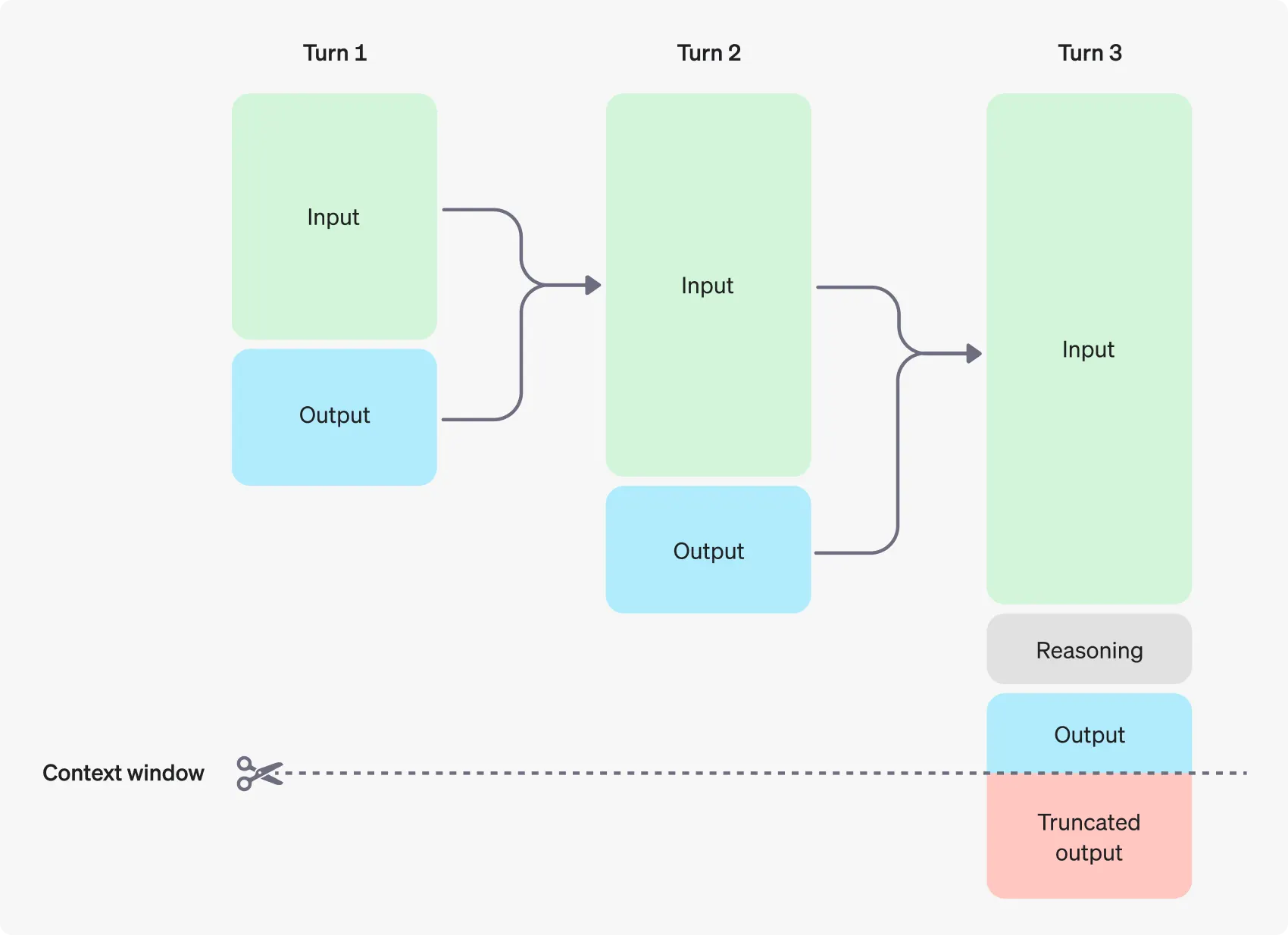Building Long Conversations
Creating believable, stateful conversations is a cornerstone of compelling AI characters. This guide covers the principles and techniques for managing conversation history, ensuring your NPCs can remember past interactions and respond intelligently.

The Core Concept: Overcoming Statelessness
By default, large language models are stateless. This means they have no memory of previous interactions. Each API request is treated as an isolated event. To create the illusion of memory, you must manually send the entire conversation history with every new request.
The process looks like this:
- Initial Prompt: Start the conversation, usually with a hidden “system” message that defines the AI’s personality and a “user” message from the player.
- Send & Receive: Send this initial history to the API and get a response.
- Append History: Add the AI’s response (as an “assistant” message) to your history array.
- Repeat: For the next turn, add the new user message to the history and send the entire, updated array back to the API.
This growing array of messages is called the conversation context.
Blueprint Implementation
In Blueprints, you manage the conversation context using an array of the Gen Chat Message struct.
-
Create a History Variable: In your Blueprint (e.g., an Actor or Actor Component), create a new variable. Set its type to
Gen Chat Messageand make it an Array. Let’s name itConversationHistory. -
Build and Send the Request: When the player sends a message, you add it to the
ConversationHistoryarray and then feed the entire array into theRequest Chat Completionnode. -
Update History with the Response: On the
OnCompleteevent, you take the response message, create a newGen Chat Messagewith theAssistantrole, and add it to yourConversationHistoryarray.
C++ Implementation
The C++ implementation follows the same logic, managing a TArray<FGenChatMessage>.
// In your AConversationalNpc.h
#pragma once
#include "CoreMinimal.h"
#include "GameFramework/Actor.h"
#include "Data/GenAIChatStructs.h" // Needed for FGenChatMessage
#include "AConversationalNpc.generated.h"
UCLASS()
class YOURGAME_API AConversationalNpc : public AActor
{
GENERATED_BODY()
public:
// Call this to start the conversation with a defining system prompt
UFUNCTION(BlueprintCallable)
void InitializeConversation(const FString& SystemPrompt);
// Call this when the player speaks to the NPC
UFUNCTION(BlueprintCallable)
void HandlePlayerMessage(const FString& PlayerInput);
private:
// Stores the entire conversation history
TArray<FGenChatMessage> ConversationHistory;
void SendChatRequest();
void OnAIResponseReceived
(const FString& Response, const FString& Error, bool bSuccess);
};
// In your AConversationalNpc.cpp
#include "Models/OpenAI/GenOAIChat.h" // Or the provider you are using
void AConversationalNpc::InitializeConversation(const FString& SystemPrompt)
{
ConversationHistory.Empty();
ConversationHistory.Add(FGenChatMessage{EGenChatRole::System, SystemPrompt});
}
void AConversationalNpc::HandlePlayerMessage(const FString& PlayerInput)
{
// Add the player's message to our history
ConversationHistory.Add(FGenChatMessage{EGenChatRole::User, PlayerInput});
SendChatRequest();
}
void AConversationalNpc::SendChatRequest()
{
FGenOAIChatSettings ChatSettings;
ChatSettings.Model = EOpenAIChatModel::GPT_4o; // Choose your model
TWeakObjectPtr<AConversationalNpc> WeakThis(this);
// Send the entire conversation history with the request
UGenOAIChat::SendChatRequest(ChatSettings, ConversationHistory,
FOnChatCompletionResponse::CreateLambda(
[WeakThis](const FString& Response, const FString& Error, bool bSuccess)
{
if (!WeakThis.IsValid()) return;
WeakThis->OnAIResponseReceived(Response, Error, bSuccess);
})
);
}
void AConversationalNpc::OnAIResponseReceived(
const FString& Response, const FString& Error, bool bSuccess)
{
if (bSuccess)
{
// Add the AI's response to our history to maintain context for the next turn
ConversationHistory.Add(FGenChatMessage{EGenChatRole::Assistant, Response});
// Now, display the message to the player, play audio, etc.
// ...
}
else
{
// Handle the error appropriately
UE_LOG(LogTemp, Error, TEXT("AI Chat Error: %s"), *Error);
}
}